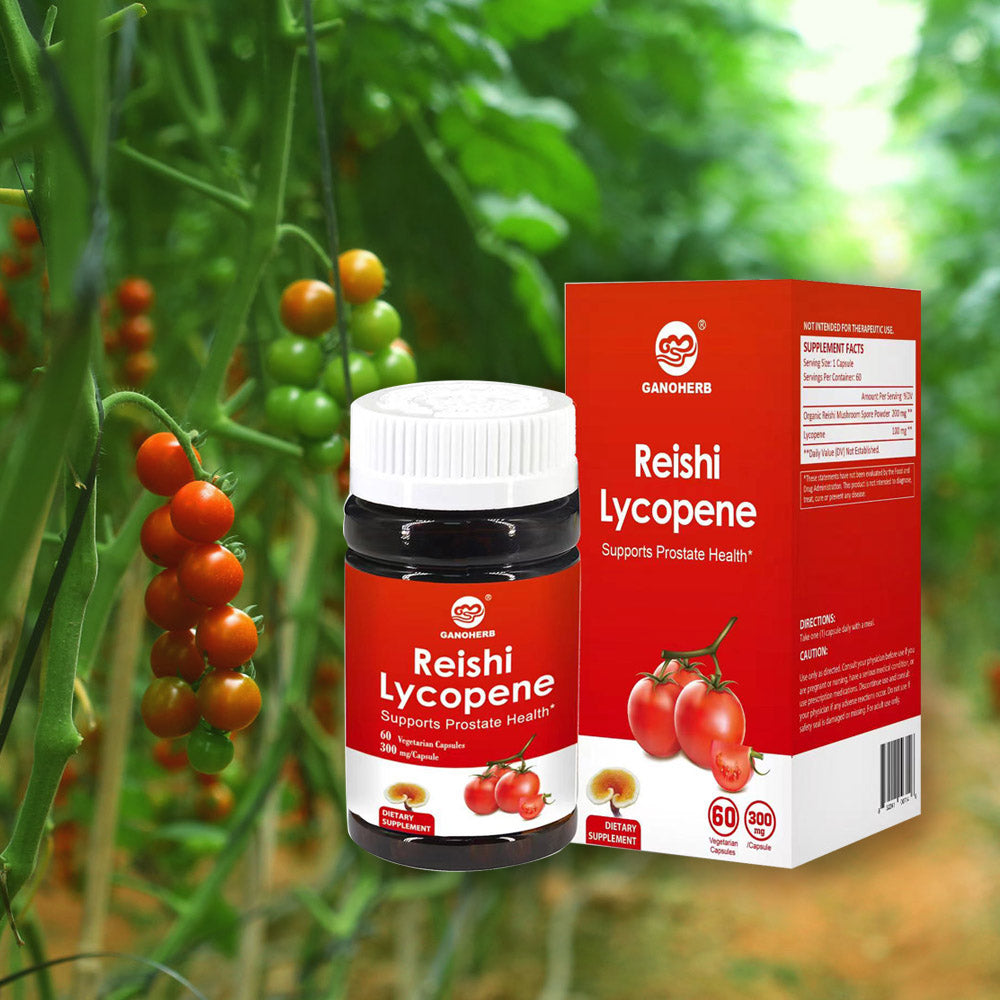Reishi Slices: Comparing Preparation Methods – Boiling, Steeping, and Alcohol Infusion

Reishi slices are among the most accessible forms of Reishi mushroom products. Many households keep them on hand for preparing beverages.
A practical question often asked is: how can you get the most out of Reishi slices? What are the differences between boiling, regular steeping, vacuum-flask brewing, or alcohol infusion? Which method offers the best results?
This question was explored in a scientific study published in a 2017 issue of Acta Edulis Fungi. Researchers tested four preparation methods using Reishi fruiting bodies from different sources, measuring the levels of certain components released into the liquid.
Recommended Method: Vacuum Flask Steeping for 40 Minutes
After comparison, the "vacuum flask steeped for 40 minutes" method showed favorable results.
Researchers noted this method effectively released a significant portion of the water-soluble components. It was described as suitable for home use, convenient, energy-efficient, time-saving, and favorable for flavor.
Key Findings from the Study:
40 Minutes is Sufficient for Water-Based Methods:
For boiling, steeping, and vacuum-flask brewing, the release of components increased steadily up to 40 minutes. Beyond this point, no significant further increase occurred. Longer steeping times were not necessarily better.

Alcohol Infusion Yields Different Results:
While alcohol infusion released certain compounds, the amount of water-soluble components dissolved was very low. Even after 7 days of soaking, the yield of these components was less than what was achieved with just 10 minutes of boiling or steeping. Therefore, alcohol infusion may not be the optimal method for obtaining the full range of components soluble in water.
Hot Water Releases Various Compounds:
The study found that hot water was effective at releasing various compounds from the Reishi slices. Regarding the variety of compounds released, vacuum-flask brewing performed well. Regarding total quantity, alcohol infusion for 7 days yielded the most, followed by boiling and vacuum-flask brewing for 40 minutes.
Component Content Varies by Reishi Type:
The study compared the total yields from different Reishi varieties. Results showed significant variation in the content of certain components between types, highlighting that the source of the Reishi can influence the results.
After reading this, you might consider trying the vacuum flask method with your Reishi slices.
Supporting a daily wellness routine can be simple and convenient. The act of preparing and enjoying a warm cup can itself be a gentle, daily ritual.
These statements have not been evaluated by the Food and Drug Administration. This product is not intended to diagnose, treat, cure, or prevent any disease.











